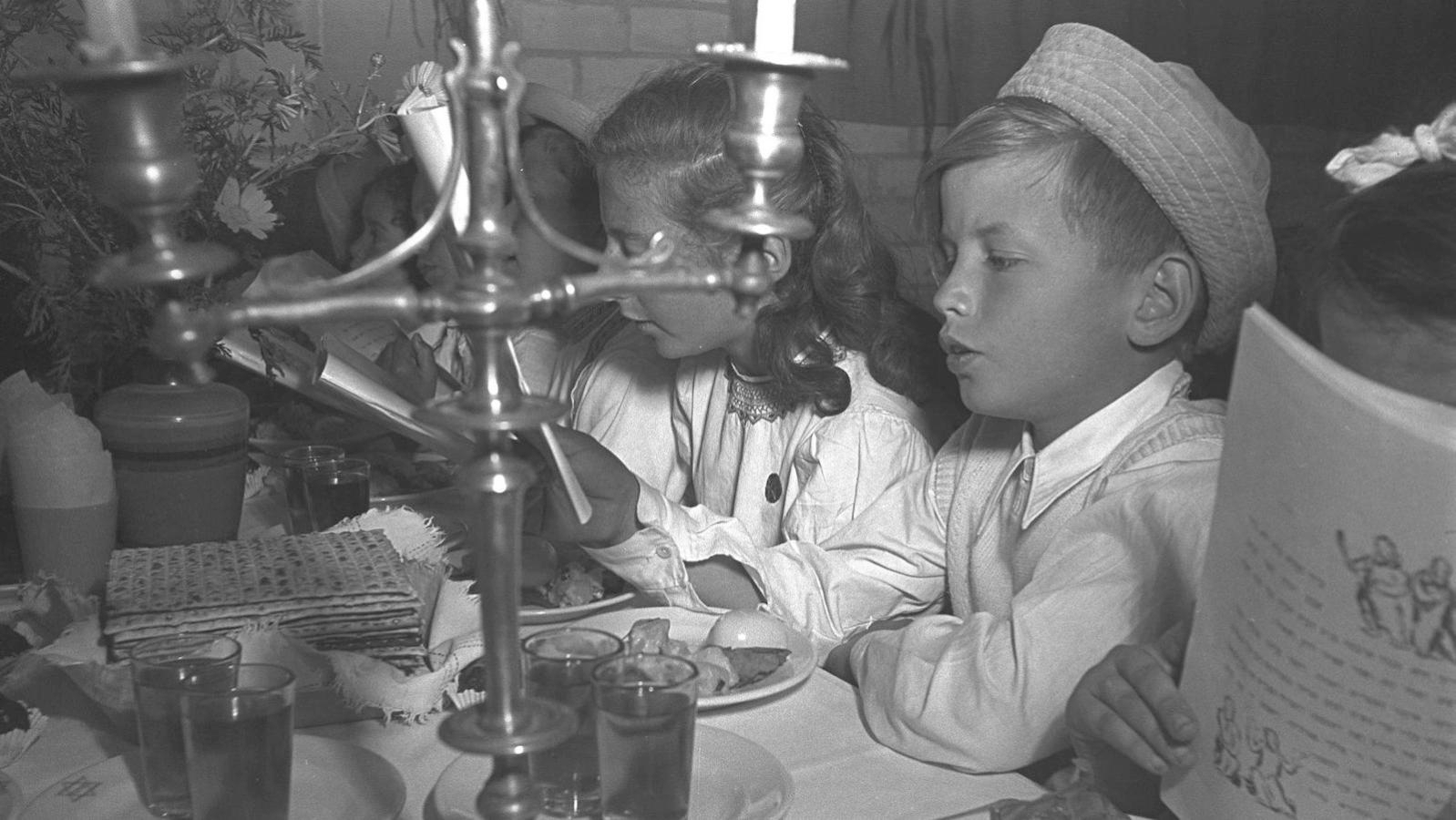Commentary on Parashat Bo, Exodus 10:1-13:16
This is the stuff that stories and major motion pictures are made of. Parashat Bo captures the Exodus, the Jews’ brave escape from the bonds of slavery into an unknown world of freedom. The process by which Moses and Aaron lead the people of Israel out of Egypt is dramatic, gory, and troubling–but also inspiring. The act of reading and re-reading this story forces one to contemplate such serious issues as personal freedom, nationalism, and the role of God in our lives.
“And that you may tell in the ears of your son, and of your son’s son, what things I have wrought in Egypt, and My signs which I have done among them; that you may know I am the Lord.” (Exodus 10:2)
Dwelling On The Exodus
In the Passover Haggadah, we learn: “Whoever dwells more on the story of the Exodus from Egypt is praiseworthy.” Rabbi Y.Y. Tronk of Kutno teaches that the very act of dwelling on the narrative improves a person. The same applies to the above verse, “that you may tell in the ears of your son, and of your son’s son…that you may know that I am the Lord.” By telling your children, you will appreciate better that “I am the Lord.”
Perhaps this is one reason that we read this portion in the month of Shevat, not in Nissan when we celebrate Passover. By reading and dwelling on the Exodus story both now and during the Passover seder, we’re encouraged to explore the story at least twice, from different perspectives. As we read the portion now, we’re not concerned with re-enacting the story and fulfilling the mitzvah (commandment) of eating matzah.
With your help, My Jewish Learning can provide endless opportunities for learning, connection and discovery.
Questions On The Plight Of The Israelites
We know how the story ends, that it will take forty years before the people of Israel will fully embrace their freedom and break loose from the emotional and intellectual shackles of slavery. In reading the Exodus narrative, we can ask why it contains such extremes. Why did God wait for 210 years to free the Hebrews from slavery in Egypt? Why did it take ten horrific plagues for God to convince Pharaoh to free the slaves? Why were the Hebrews so resistant to Moses’ leadership? Finally, why did it take forty hard years of wandering in the wilderness before our ancestors arrived at our homeland? Many books are filled with answers to these questions.
Learning From Others
The process of reading the story, and the many midrashim (homiletic stories) and commentaries on it, of asking questions, and finding or creating answers, makes us a better people. Sometimes, by educating our children, we gain a deeper understanding of the narrative.
To the commandment that one should tell the story “in the ears of your son…that you may know that I am the Lord,” Rabbi Zvi Hirsch adds that it would seem more logical if the order were reversed: first one should know, and thereafter tell his or her child. But the reason for the Torah’s order is that sometimes, by teaching one’s children the Torah’s story and ways, one attains a more profound understanding her or himself. Indeed, Rabbi Hirsch adds, parents often gain much knowledge because of the commandment, “you may tell in the ears of your son.”
Provided by the UJA-Federation of New York, which cares for those in need, strengthens Jewish peoplehood, and fosters Jewish renaissance.



